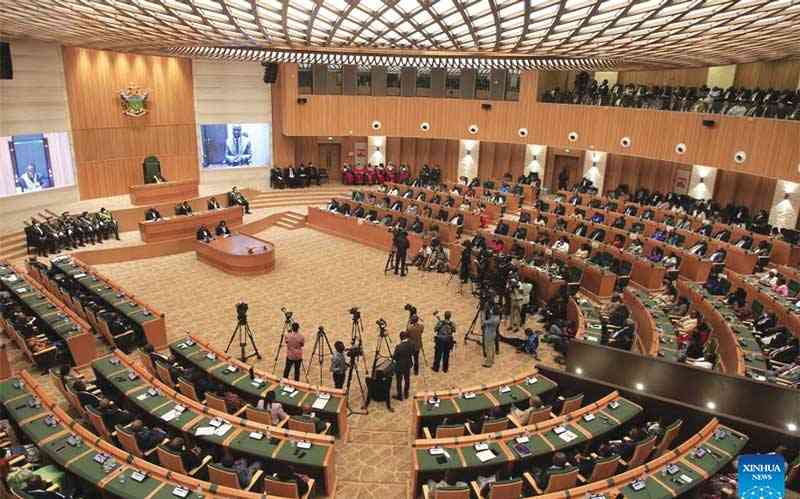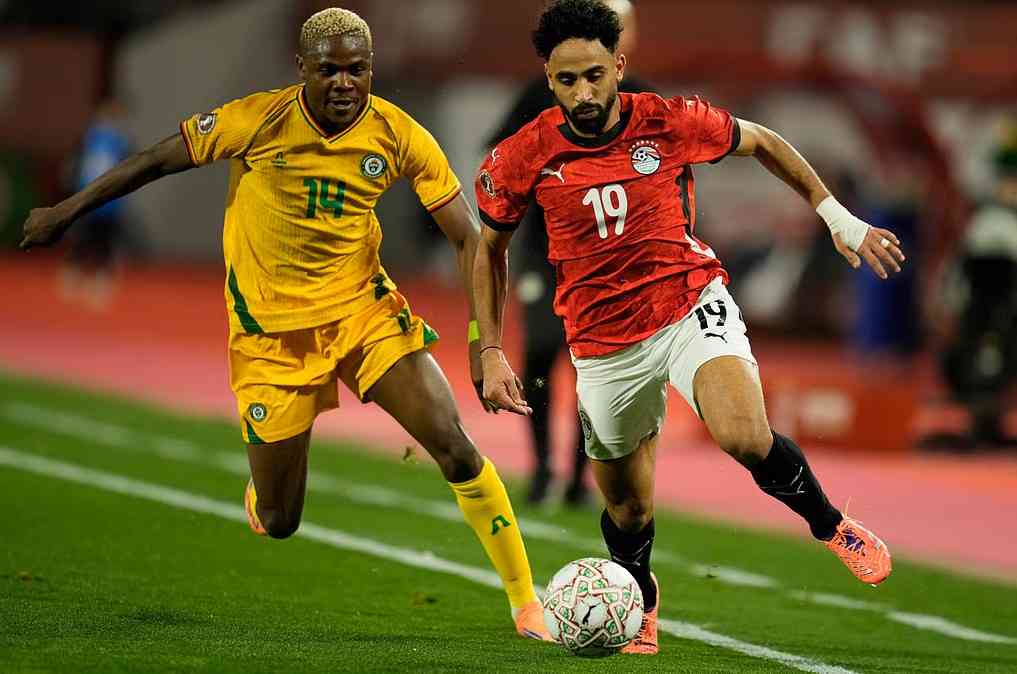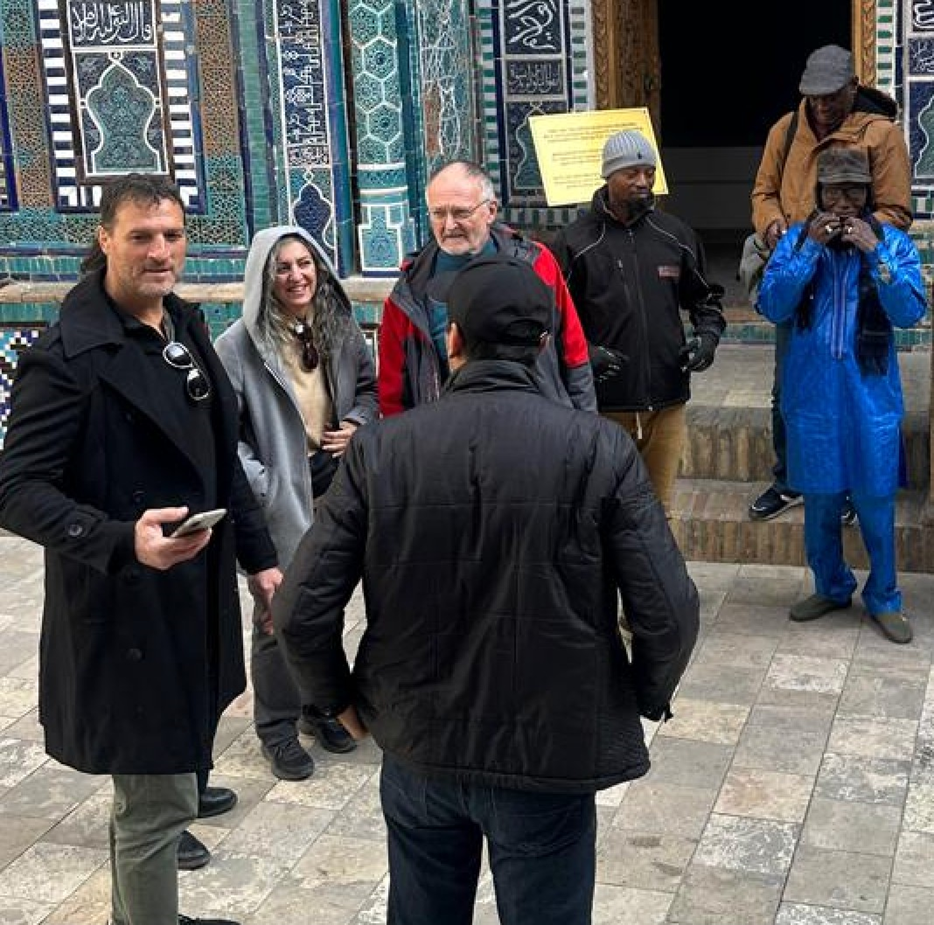
LAST week by-elections gave Zanu PF a National Assembly two-thirds majority, but crucially the ruling party is one seat shy of two-thirds majority in the upper house, Senate. To all intents and purposes, Zanu PF is comfortable to do as it pleases without negotiating with the opposition. However, like in the Ninth Parliament, Zanu PF does not know how to use it except just to brag.
It desperately wanted to enjoy this super majority in parliament for the optics. However, facts on the ground show that Zanu PF enjoyed a two-thirds majority in the Ninth Parliament — 2018 to 2023, but it only used the majority to consolidate President Emmerson Mnangagwa’s powers.
Zanu PF passed controversial constitutional amendments 1 and 2. These amendments increased the President’s powers in the appointment of the Chief Justice, Judge President and Prosecutor General. There was a significant departure from the law that said potential occupiers to those offices had to be publicly interviewed and a list of potential candidates sent to the President for approval.
Mnangagwa has appointed more judges in six years than former President Robert Mugabe did in 37 years. This was clearly demonstrated in an earlier article I wrote titled: Mnangagwa in silent judicial revolution. It could be the reason why the President is comfortable with lawfare.
Zanu PF has failed to pass the laws that it needs for good administration of the country. The Ninth Parliament in its tenure passed a mere 34 Bills. It has to be remembered that each year the National Assembly should pass two money bills — The Appropriation Bill and a Finance Bill — that legalises the Finance minister’s annual budget statement.
It is not in doubt that Zanu PF did not think of accelerating passage of legislation that protected communities from miners or the sharing of profits from the same. It did not find it important to legislate minimum wages or social grants for the poor and vulnerable and the unemployed. It further failed to pass laws that deal with land tenure, agriculture financing or revamping the marketing of agriculture commodities.
This is the same parliament, with its super majority, that failed to legislate for free public health and education, that failed to enact laws that would curb corruption in the public sector. This is the same parliament that failed to curb smuggling of precious minerals and now we have the celebrated ‘mbinga culture’. This is the same parliament that failed to amend the law and impose stiff and deterrent sentences on those found guilty of dealing in drugs.
Zanu PF chief whip Pupurai Togarepi exposed how the party was ill-equipped to use its majority in parliament in an interview with the NewsDay earlier this week.
- Corruption Watch: Get scared, 2023 is coming
- Corruption Watch: Get scared, 2023 is coming
- Letters: Ensuring Africa’s food security through availability of quality seeds
- Is military's involvement in politics compatible with democracy?
Keep Reading
Togarepi said that they will focus on representation and ensuring that their representative role is performed diligently.
“Naturally, we are happy about that achievement [attaining two-thirds majority]. Our majority in Parliament will be used to advance the interest of the people of Zimbabwe. The main areas will be in terms of representation.
“Our members will be encouraged to ensure their representative role is performed diligently and effectively through robust debates,” he said.
Please note that of the three main functions of MPs [Members of Parliament] namely legislative, representative and oversight, Togarepi emphasised the representative role, yet what Zimbabwe needs is more of the legislative and oversight roles by MPs.
This is not mere conjecture. The Wednesday and Thursday Question Times in both National Assembly and Senate chambers bear testimony to how Zanu PF MPs fear holding cabinet ministers to account for their actions. They would not even dare protest against the absence of ministers from parliament on those crucial dates.
True to form, Togarepi denied allegations that Zanu PF wants to amend the Constitution.
“There is nothing like that, so far there is no such indication from the party or from the government. That doesn't mean it won't happen if in the course of our legislative work it becomes necessary. Parliament relies on the people it represents to make laws,” he said.
However, reading between the lines, Togarepi let the cat out of the bag. He acknowledged that it will ‘happen if in the course of their legislative work becomes necessary.’ We know the import of it, it becomes necessary when Mnangagwa says it at the party politburo.
Interestingly, Zanu PF has largely remained mum on amending the constitutional recall clause. This is a legal deficiency that has kept Zimbabweans in an election mode since May 2023. Nor have they prioritised amending the electoral system to full proportional representation or the Devolution Bill, including the strengthening of the running of urban centres.
The country is in a precarious position. A two-thirds majority is a good platform to pass difficult and unpopular decisions. This is the moment that Mnangagwa should deal decisively with the cases of corruption, investment, public health and education, civil service reforms and the government work culture when he enjoys a parliamentary majority.
It is clear that making difficult decisions is not every man’s cup of tea. Some are quislings deep inside but with a façade of being brave. However, a moment of enjoying parliamentary majority is the best to do that particularly for those not gifted in bi-partisanship.
It is apparent that Mnangagwa is a lucky man. It is rare to enjoy a two-thirds majority in the second and final term. He has an opportunity to cement his reputation. The bigger question will remain, what did he want power for? Was it for himself or to advance the country?
So far, the scales are tipping in the wrong direction for Mnangagwa. It is hard to really identify and isolate his own projects or leadership style. He has completed Mugabe’s projects. His signature is lacking in his governance style. It is, for now, all froth and no beer.











